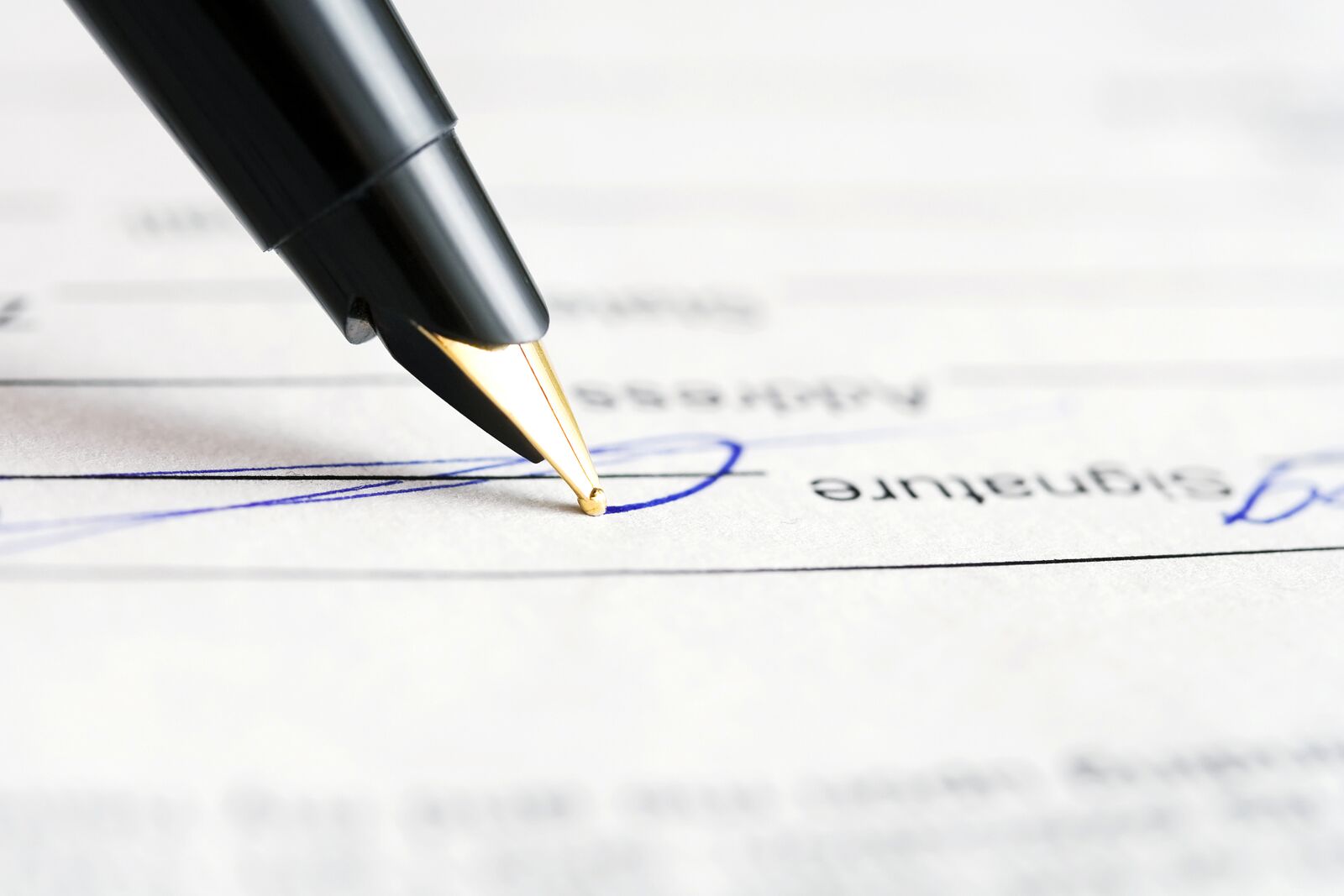When dealing with your car insurance provider after a Louisiana car accident, there are some Do’s and Dont's for recovering damages, and to prevent you from making critical mistakes that will impede your claim.
Five Car Insurance Do’s
- Do contact your insurance provider immediately after a Louisiana car accident. Do this as soon as possible, even while you are still at the accident scene if possible.
- Do fully understand your insurance coverage before speaking with your provider. You can refresh your memory by reading the Coverage and Exclusion sections of your policy, but if anything seems unclear DO ask your provider to clarify any areas of confusion.
- Do be honest with your insurer, and give them all the facts. Failing to be honest may invalidate your policy, or result in a denial of your claim.
- Do take photographs of the accident scene (if possible), the damages to your vehicle, and any injuries that you have suffered. These can be used as evidence to support your Louisiana personal injury claim.
- Do keep the names of insurance agents, and take notes related to any conversations that you’ve had with your provider. This information can be relevant in a legal dispute and during an appeal of your claim.
Five Car Insurance Dont’s
- Don’t allow your insurance provider to take any written statements, or record any testimony unless you fully understand your coverage. If you have any questions that seem important, you can get the help of a Louisiana personal injury attorney.
- Don’t immediately accept your insurer’s estimate of damages, which may be less than you deserve. If it seems low or unreasonable, an attorney can help you estimate the value of your claim.
- Don’t sign any waivers until you speak with a Louisiana personal injury attorney. There may be legal aspects that you are unaware of, or damages that you did not consider, and waiving your rights may eliminate your ability to seek the full compensation you need.
- Don’t let your insurer talk their way out of their legal obligations. They are under contract to provide you with the services they promised in your contract. Insist that they give you what you’ve paid for.
- Don’t accept a check labeled as “Final Payment”, unless you are prepared to do so and have spoken to your attorney first.



